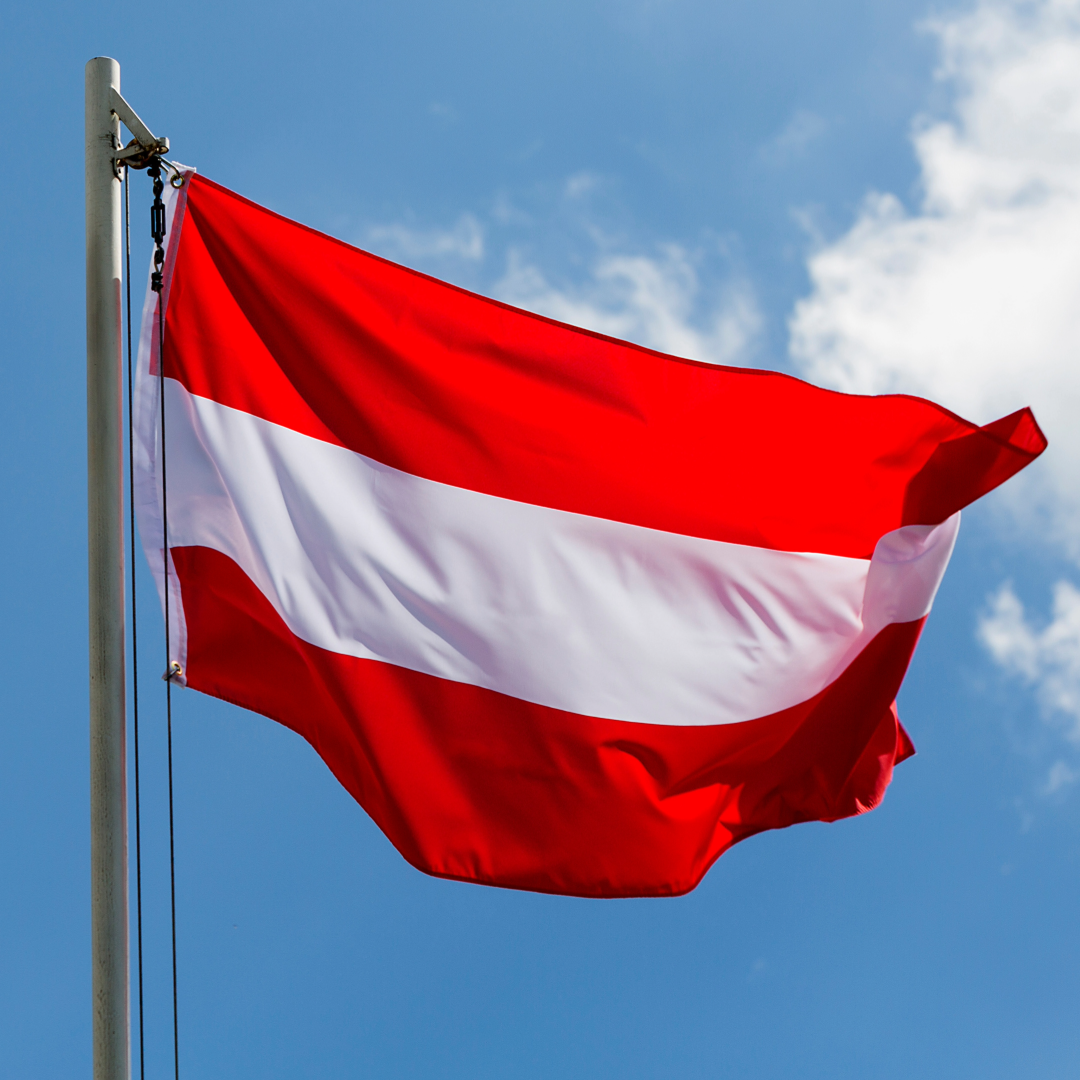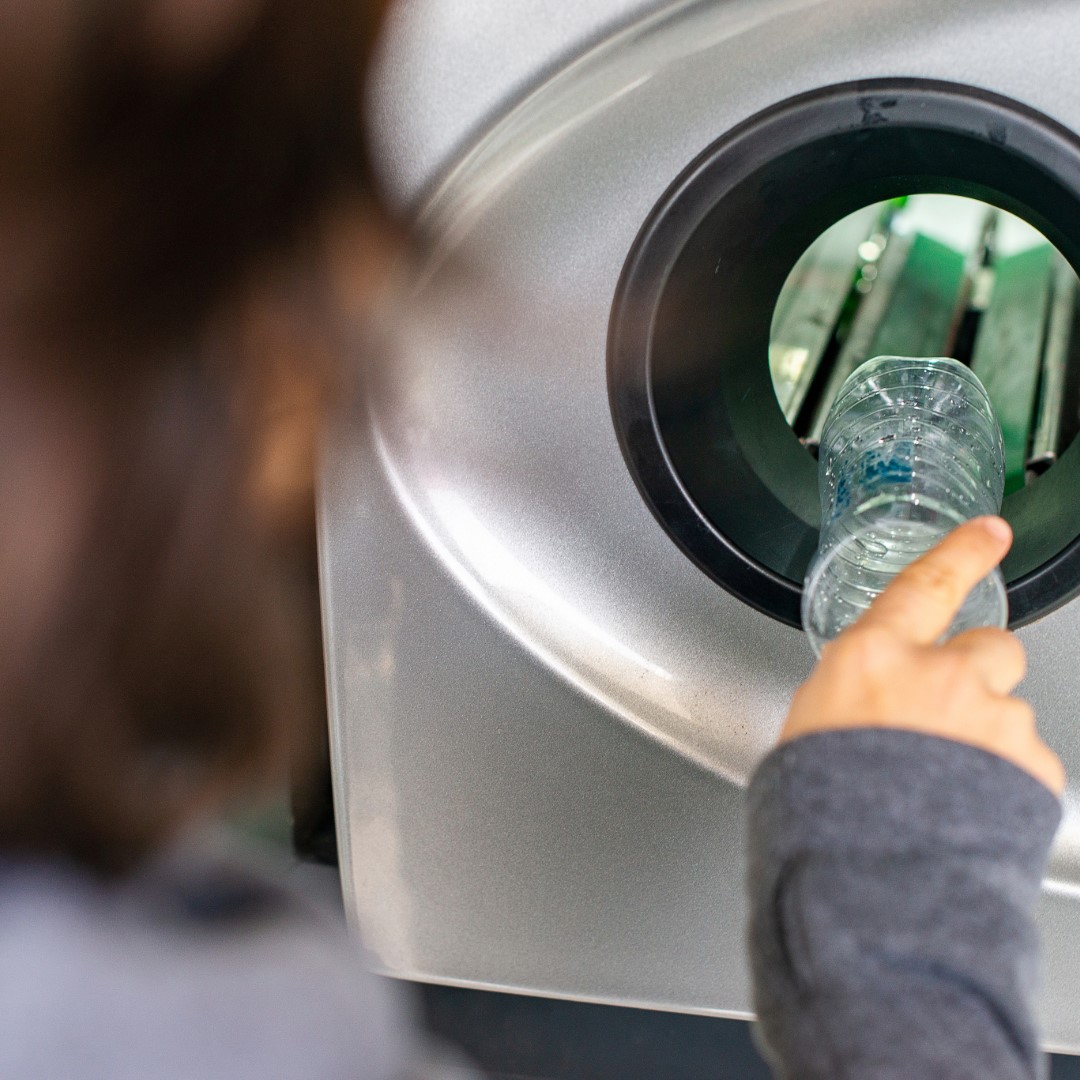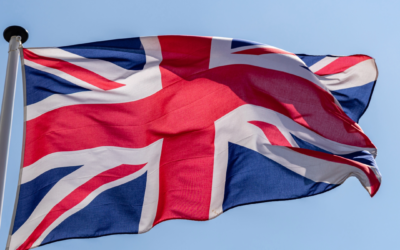Mandatory deposit from 2025 in Austria: everything you need to know about your beverage packaging




From 1 January 2025, a nationwide deposit system for single-use beverage packaging such as plastic bottles and cans will be introduced in Austria. The reason for the introduction is to increase recycling rates, reduce waste and protect the environment in Austria. However, this change in the law also brings new obligations and challenges for retailers and manufacturers who deliver to Austria. In this article, we will inform you about everything you need to know about the upcoming deposit system, the legal framework and how you as a company can best respond to it.
Legal background to the new deposit system in Austria
The basis for the introduction of the deposit system for single-use beverage containers in Austria lies in the Deposit Ordinance for Single-Use Beverage Containers, which came into force on 26 September 2023. This ordinance regulates the handling of single-use plastic and metal beverage containers in Austria from 1 January 2025. The deposit system is intended to help increase the recycling rate and reduce the use of single-use plastic.
Objectives and legal framework
In order to minimise littering, increase collection routes and strengthen the circular economy, the logistics and processing of material, data and cash flows required for the deposit system will be set up by the central body EWP Recycling Pfand Österreich gGmbH.
In addition, the new deposit system in Austria will be organised by the central office there, which will also be the owner of the collected packaging. There will be a right of first refusal for bottlers for the recyclate from the deposit system.
These packaging types are affected
The deposit system primarily affects single-use beverage packaging such as plastic PET bottles and aluminium cans. Specifically, the law covers all disposable bottles with a capacity of between 0.1 and 3 litres as well as beverage cans in the usual sizes. The deposit fee is EUR 0.25 for all containers. Only packaging for dairy products or porridge, composite beverage packaging and some special beverage categories that cannot be integrated into the deposit system due to their nature or hygiene requirements are currently exempt from the deposit obligation.
How it works: From return to recycling
As in Germany, the deposit system follows a simple procedure: consumers pay a deposit when buying a drink, which is refunded when they return the empty packaging. All packaging concerned must be labelled with a deposit logo and barcode so that consumers can easily return it. Packaging can be returned either at reverse vending machines in supermarkets or at smaller return points. The collected packaging is sorted centrally and recycled so that it can be returned to the material cycle. Manufacturers are obliged to use recycled material for new beverage containers, thus closing the cycle. In this way, the system ensures that valuable raw materials are preserved and waste is reduced at the same time.
New obligations: Registration, logistics and take-back systems
If you place single-use beverage containers subject to mandatory deposit on the market in Austria as a first distributor, you will be subject to a number of new obligations.
Firstly, there is an obligation to register with EWP Recycling Pfand Österreich gGmbH. Registration has been possible since June 2024 and includes both the registration of your company and the registration of your products. Without registration, the sale of your products on the Austrian market is not permitted.
You are also obliged to charge a deposit of €0.25 when selling packaging subject to a deposit. However, retailers (e.g. supermarkets) are obliged to take back empty packaging. For products that were filled before 1 April 2025, there is a transitional period until 31 December 2025 during which they may still be sold without charging a deposit.
As a foreign company, you are also obliged to appoint an authorised representative to fulfil your obligations. There is also a labelling obligation for your products. Packaging subject to a deposit must be labelled with a deposit symbol and a barcode. Certain specifications apply to the labelling in terms of placement and colour, which must be adhered to.
Opportunities: Strengthen environmental awareness and brand image
The introduction of the deposit system in Austria is an important step towards strengthening the circular economy and protecting our resources. However, in order to be legally compliant on the market, the introduction also means retailers have to fulfil new obligations and therefore face new challenges.
However, those who fulfil these and focus on sustainable business practices can strengthen their positive brand image. The new system also harbours potential for innovative packaging solutions. Companies that utilise the deposit system as an opportunity can position themselves as pioneers in terms of sustainability and benefit in the long term.

LIZENZERO.EU makes packaging compliance in Europe very easy.
Do you ship your products to different countries in the EU? Many different legal requirements and obligations can make the whole thing quite complicated – but don’t worry, we’ll do it for you. How do we do it? With our licensing service, we take over all obligations for you by power of attorney. Sounds good? We’ll be happy to advise you.
For shipping to Germany, you can easily fulfill your packaging obligations yourself via Lizenzero.de.
EPR in Switzerland – Recycling for businesses
Clear EPR obligations already apply in many European countries. Manufacturers and retailers are responsible for the entire life cycle of their packaging and must register with the relevant national systems and pay licence fees. But what is the situation in Switzerland?
EPR UK: current obligations for retailers in relation to packaging
Extended Producer Responsibility (EPR) is a European regulation that makes manufacturers, importers and companies responsible for the life cycle of their products and packaging in accordance with the polluter-pays principle. EU countries can interpret the EPR regulations differently, which is why your obligations may vary from country to country. If you are shipping goods to the UK, you should therefore familiarize yourself with the exact regulations in the country in advance in order to avoid sanctions and be compliant. In the following article, we will give you an overview of the current EPR obligations in the UK and take a look at upcoming changes.
EPR in Portugal: Guide for manufacturers & retailers
Many European countries have packaging licensing regulations, and Portugal is no exception. Companies that deliver packaged goods to or from Portugal must ensure that they comply with the EPR regulations that apply there. But what does this mean in concrete terms? Retailers and manufacturers are obliged to register, licence and label their packaging in Portugal.




